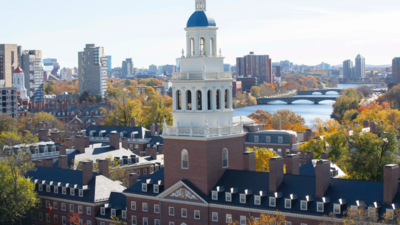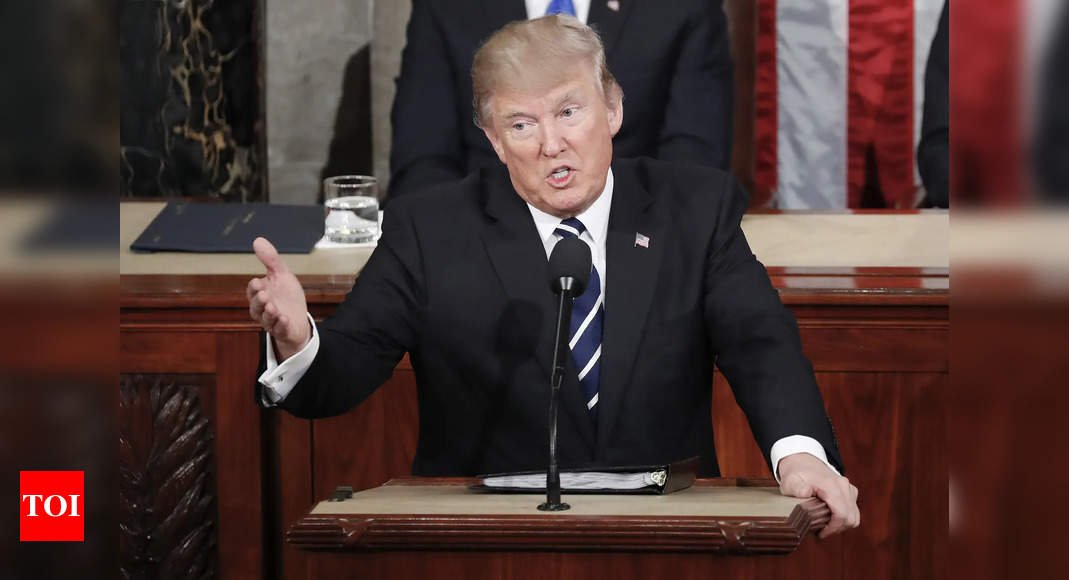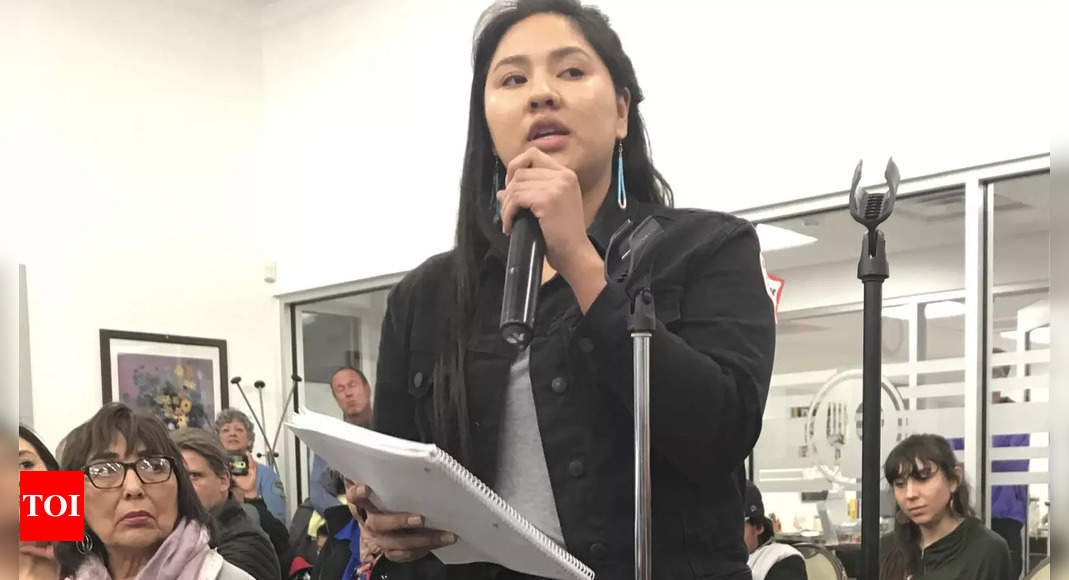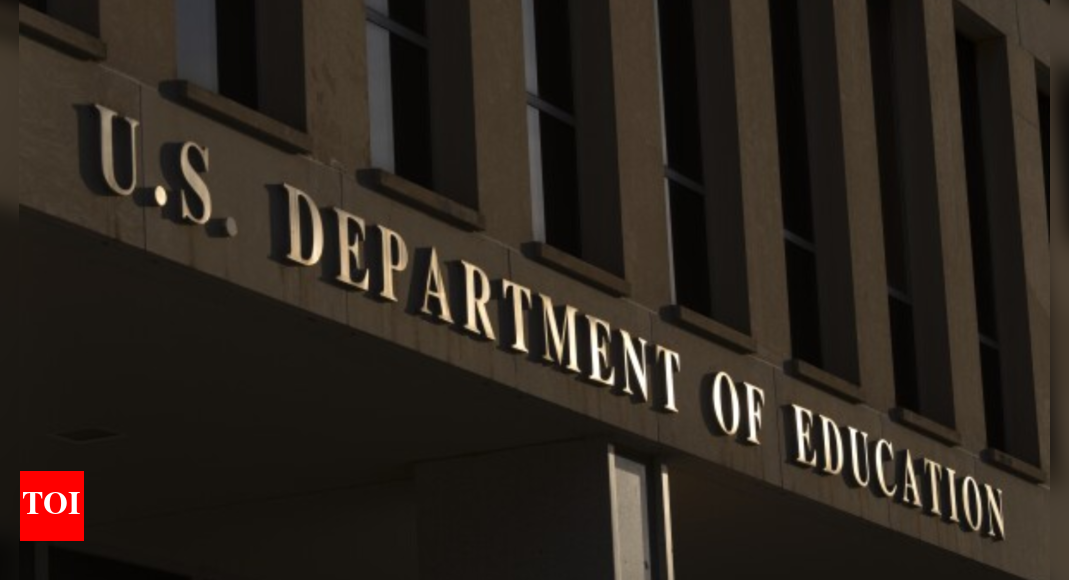The practice of legacy admissions is once again under intense scrutiny, particularly within Ivy League institutions, as public opposition and legislative action continue to rise. Legacy admissions, where children of alumni receive preferential treatment in the college admissions process, have long been a controversial topic. However, following the Supreme Court’s 2023 decision to end race-conscious affirmative action policies, the issue has gained even more attention. Critics argue that legacy admissions disproportionately benefit wealthier, often white, students, perpetuating inequality in college admissions.
While universities defend the practice by claiming it helps secure vital financial donations from alumni, the tide of public opinion seems to be shifting. A 2022 Pew Research Center survey found that 75% of Americans oppose considering legacy status in college admissions, a sentiment reflected by many admissions officers. As reported by Forbes, “Seven out of eight admissions office directors agree that legacy status should not play a role in decisions.”
The decline of legacy admissions
Legacy admissions are rapidly declining across the United States. As of 2025, only 24% of four-year colleges consider legacy status in admissions, a sharp decline from 49% in 2015. This shift accelerated following the 2023 Supreme Court ruling on affirmative action, with 92 colleges dropping the legacy preference. Notably, only 11% of public colleges (62 institutions) continue to consider legacy status, while 30% of private colleges (358 institutions) maintain the practice. As Forbes reported, in 24 states, no public institutions grant legacy preferences.
Despite these changes, Ivy League schools remain some of the most prominent defenders of legacy admissions. Many of these universities claim that legacy preferences strengthen their alumni relations and financial support. However, studies challenge this argument. One study found “no statistically significant evidence that legacy preferences impact total alumni giving,” contradicting the common defense of the practice.
State legislative actions and public pressure
State legislators are taking action against legacy admissions, with five states banning the practice in public universities as of 2024. States like Maryland, California, and Illinois have enacted laws to eliminate legacy preferences in public institutions, with California’s ban set to take effect in Fall 2025. Forbes also notes that Massachusetts, Minnesota, and New York have reintroduced bills aimed at removing legacy admissions, while New Jersey’s bill is currently under debate.
As more states push for changes, even Ivy League schools, which have historically resisted such measures, may eventually feel the pressure. Universities may face penalties if they continue to prioritize legacy admissions, especially as the federal government explores potential endowment taxes for wealthiest institutions, according to Forbes.
In a post-affirmative action world, it seems likely that legacy admissions will continue to face mounting challenges. As public opposition grows and state legislatures take action, Ivy League institutions may have to reevaluate the practice, pushing for a more equitable and merit-based approach to college admissions.
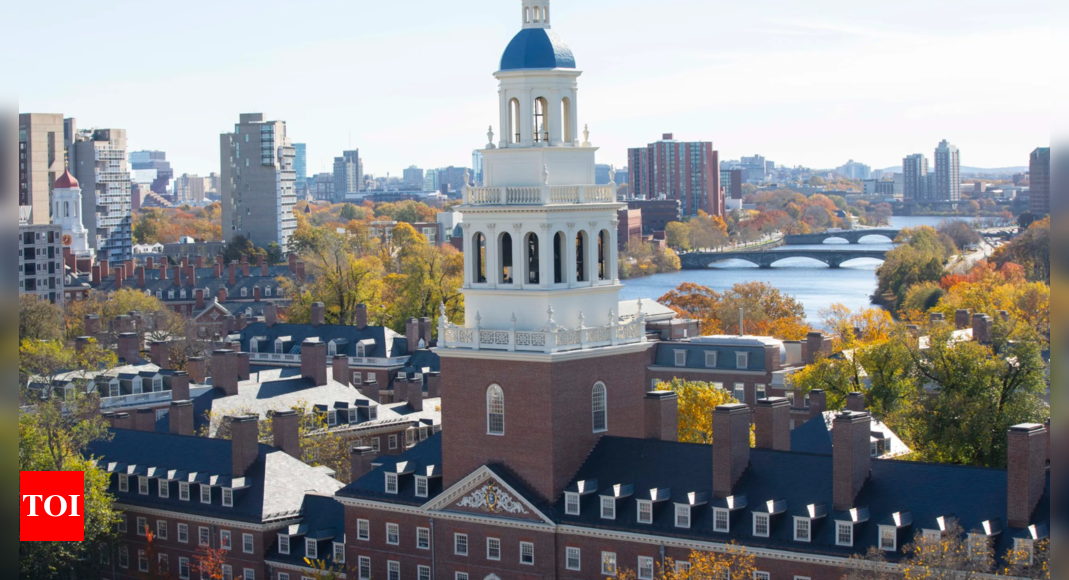
Ivy League schools under fire: Should legacy admissions survive in a post-affirmative action world?
Most Read
Author Details

Bebisha Wagle
Members of Kanta Dab Dab, a band specialising in fusion of local Nepali and Western music elements, talk about their…
Advertisement

Recent News

